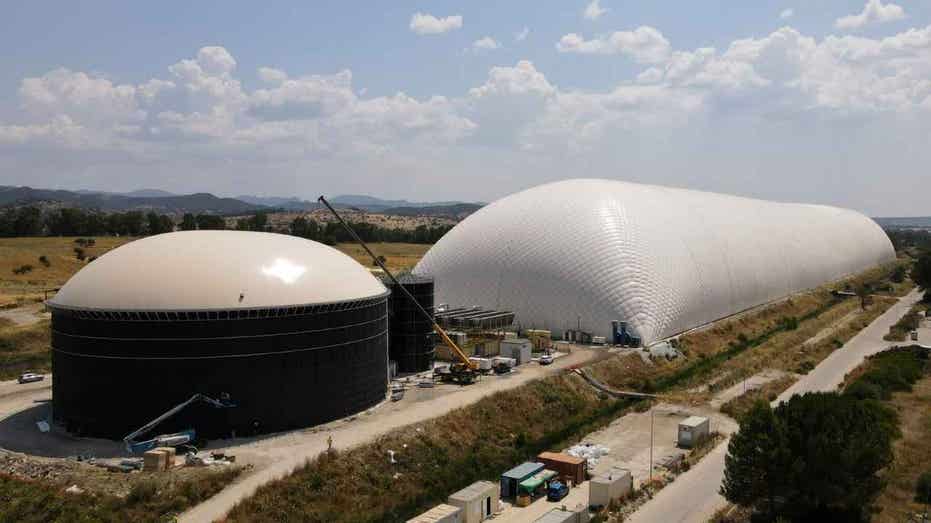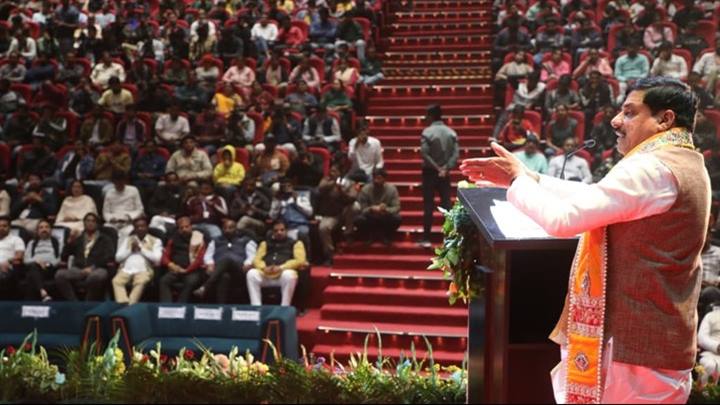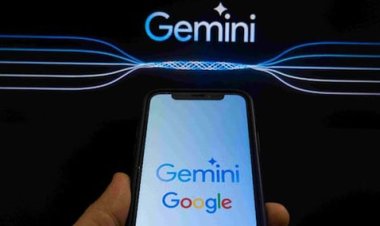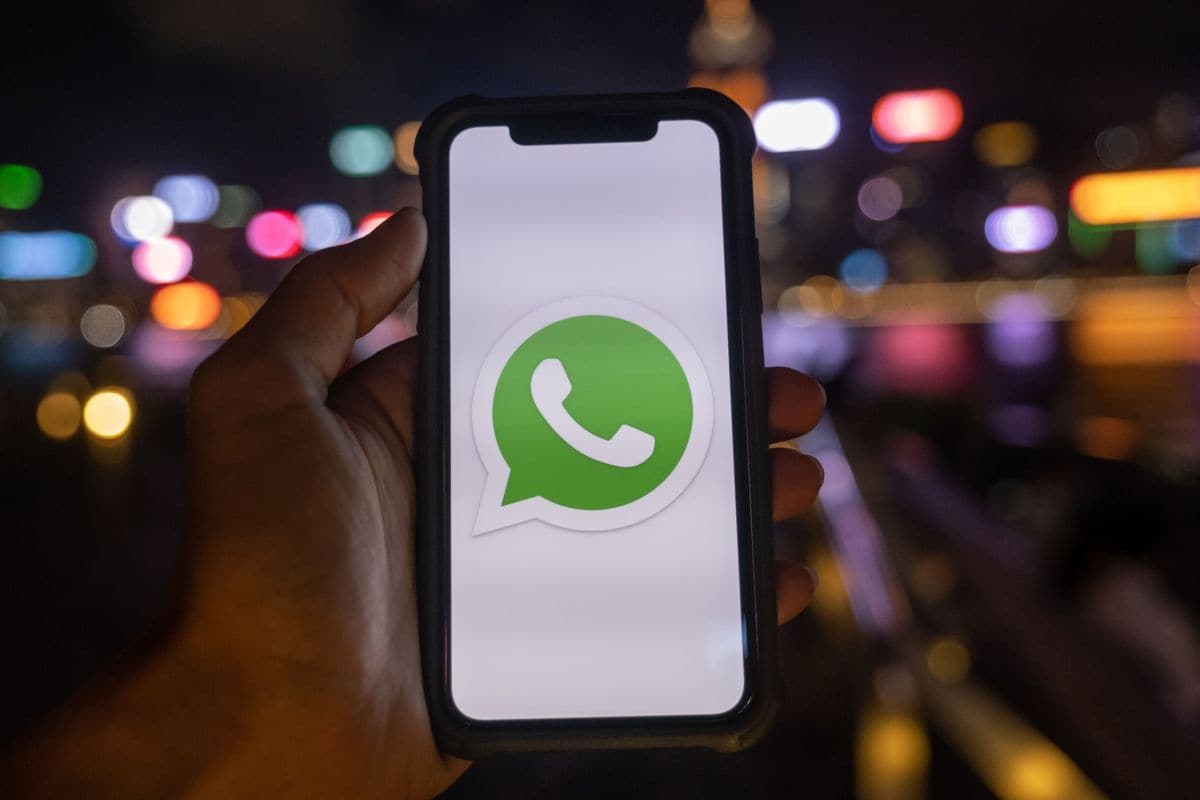South Korea’s impeached president avoids arrest attempt after hourslong standoff
Impeached South Korean President Yoon Suk Yeol avoided an arrest attempt Friday after an hourslong standoff between anti-corruption investigators and presidential security.
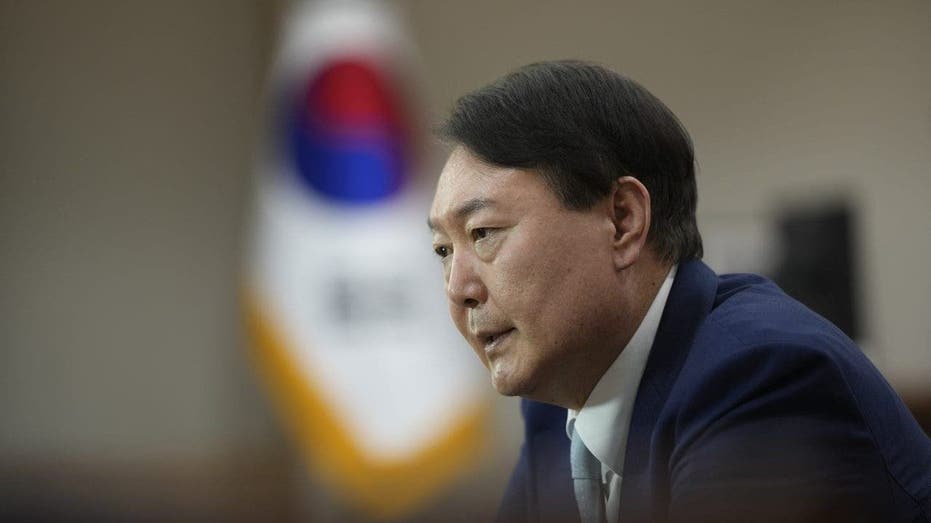
Impeached South Korean President Yoon Suk Yeol on Friday fended off an arrest attempt Friday after a hourslong standoff between investigators with the country’s anti-corruption agency and presidential security.
Investigators left the president's official residence after the presidential security service blocked them from entering for nearly six hours due to concerns about their safety.
The agency expressed "serious regret about the attitude of the suspect, who did not respond to a process by law."
Yoon, who was impeached last month over his short-lived martial law declaration, has defied investigators' attempts to question him for weeks. He has not left the residence since Dec. 12, when he went to the nearby presidential office to make a televised statement to the nation, vowing to fight efforts to oust him.
Apparently frustrated that his policies were blocked by an opposition-dominated parliament, Yoon declared martial law on Dec. 3 and dispatched troops to surround the National Assembly.
Parliament overturned the declaration within hours in a unanimous vote and impeached Yoon on Dec. 14, accusing him of rebellion. Anti-corruption authorities and public prosecutors, meanwhile, have opened separate investigations.
A Seoul court issued a warrant for Yoon's detention on Tuesday, but enforcing it is complicated as long as he remains in his official residence.
Yoon's lawyers, who filed a challenge to the warrant on Thursday, say it cannot be enforced at his residence due to a law that protects locations potentially linked to military secrets from search without the consent of the person in charge.
The office said it will discuss further actions, but did not immediately say whether it would make another attempt to detain Yoon. The warrant for his detention is valid for one week.
If investigators manage to detain Yoon, they will likely ask a court for permission to make a formal arrest. Otherwise, he will be released after 48 hours.
Thousands of police officers gathered at Yoon's residence on Friday, forming a perimeter around a growing group of pro-Yoon protesters who braved subfreezing temperatures for hours, waving South Korean and American flags while chanting slogans in his support.
There were no immediate reports of major clashes outside the residence.
Nearly five hours after dozens of investigators and police officers were seen entering the gate of the residence in Seoul to execute a warrant for Yoon's detention, the dramatic scene appeared to have developed into a standoff. Two of Yoon's lawyers, Yoon Kap-keun and Kim Hong-il, were seen entering the gate of the presidential residence around noon.
It wasn’t clear whether investigators successfully entered Yoon's residential building, but South Korea's YTN television reported scuffles as investigators and police confronted the presidential security forces.
Yoon's presidential powers have been suspended since the National Assembly voted to impeach him on Dec. 14. Yoon's fate now lies with the Constitutional Court, which has begun deliberations on whether to uphold the impeachment and formally remove Yoon from office or reinstate him. At least six justices on the nine-member Constitutional Court must vote in favor of removing him from office.
















